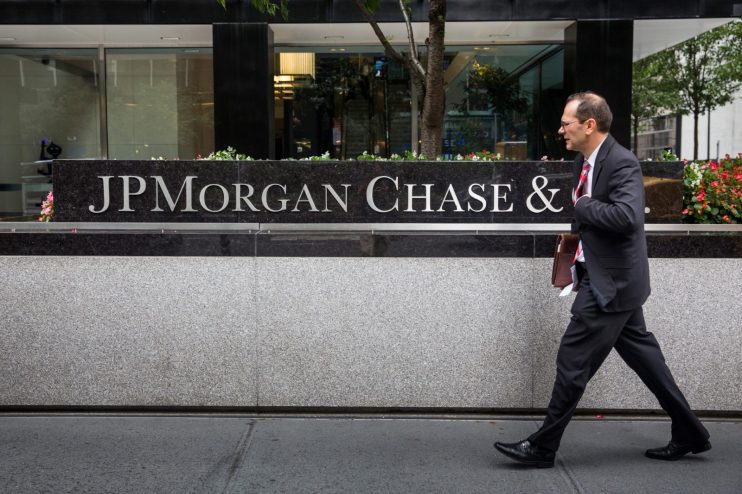JP Morgan expects $3bn income boost from acquisition of First Republic

JP Morgan predicts a $3bn boost to its interest income as a result of its acquisition of First Republic, revealing how the Wall Street giant benefitted from the regional banking crisis.
According to a presentation made at its investor day, the US’s largest bank said it expects its net interest income to increase to $84bn, up from an initial estimate of $81bn. This increase exclusively reflects the impact of the First Republic acquisition.
Over the medium-term, it expects net interest income to fall to the mid-$70bns reflecting rate headwinds and “meaningful catch up in deposit repricing”.
It also noted that many “sources of uncertainty” remain, including the speed of quantitative tightening and size of deposit repricing, which could force banks to pay more in interest to savers.
The bank also said the cost of integrating First Republic will add $3.5bn to its expenses this year.
JP Morgan emerged as the biggest winner from the banking crisis in the US. It acquired First Republic in early May following weeks of speculation in the wake of Silicon Valley Bank’s collapse.
Like SVB, First Republic had a high proportion of uninsured deposits. Its death knell was sounded soon after it revealed depositors had pulled over $100bn in the first quarter.
To preserve financial stability, JP Morgan acquired the bank in a government brokered deal. It acquired around $173bn of loans and approximately $30bn of securities from First Republic.
Jamie Dimon is hoping that the deal will help the bank push into the wealth management business, particularly among the so-called mass affluent, which it was slower to move into than some of its peers.
Even without the deal, JP Morgan was performing extremely well despite the banking turmoil. In its first quarter results, it revealed it saw a $37bn inflow in deposits as customers sought the safety of its “fortress balance sheet”.
Its profit soared 52 per cent to hit $12.6bn thanks to rising interest rates.